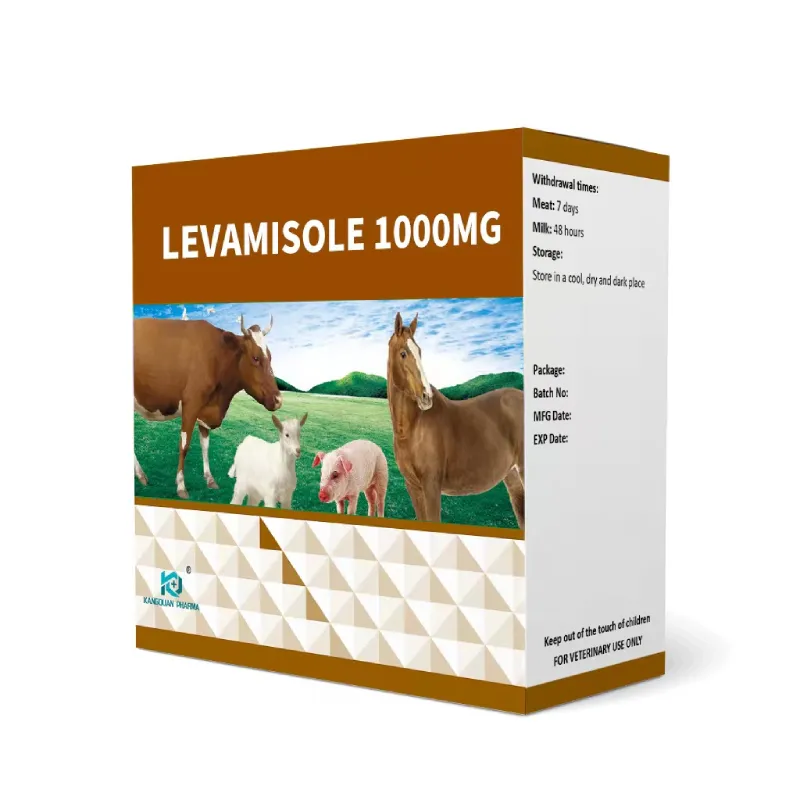- Afrikaans
- Albanian
- Amharic
- Arabic
- Armenian
- Azerbaijani
- Basque
- Belarusian
- Bengali
- Bosnian
- Bulgarian
- Catalan
- Cebuano
- Corsican
- Croatian
- Czech
- Danish
- Dutch
- English
- Esperanto
- Estonian
- Finnish
- French
- Frisian
- Galician
- Georgian
- German
- Greek
- Gujarati
- Haitian Creole
- hausa
- hawaiian
- Hebrew
- Hindi
- Miao
- Hungarian
- Icelandic
- igbo
- Indonesian
- irish
- Italian
- Japanese
- Javanese
- Kannada
- kazakh
- Khmer
- Rwandese
- Korean
- Kurdish
- Kyrgyz
- Lao
- Latin
- Latvian
- Lithuanian
- Luxembourgish
- Macedonian
- Malgashi
- Malay
- Malayalam
- Maltese
- Maori
- Marathi
- Mongolian
- Myanmar
- Nepali
- Norwegian
- Norwegian
- Occitan
- Pashto
- Persian
- Polish
- Portuguese
- Punjabi
- Romanian
- Russian
- Samoan
- Scottish Gaelic
- Serbian
- Sesotho
- Shona
- Sindhi
- Sinhala
- Slovak
- Slovenian
- Somali
- Spanish
- Sundanese
- Swahili
- Swedish
- Tagalog
- Tajik
- Tamil
- Tatar
- Telugu
- Thai
- Turkish
- Turkmen
- Ukrainian
- Urdu
- Uighur
- Uzbek
- Vietnamese
- Welsh
- Bantu
- Yiddish
- Yoruba
- Zulu
10 月 . 18, 2024 12:40 Back to list
Comparing the Efficacy of Remdesivir Injection and Ivermectin for COVID-19 Treatment
Comparison of Remdesivir Injection and Ivermectin Efficacy in COVID-19 Treatment
As the global pandemic of COVID-19 sparked urgent research and development efforts, various antiviral agents were evaluated for their effectiveness in treating the disease. Among these, Remdesivir and Ivermectin emerged as notable candidates, garnering significant attention from the medical community and researchers worldwide. This article aims to compare these two drugs in terms of their mechanisms of action, clinical efficacy, and overall role in COVID-19 management.
Mechanisms of Action
Remdesivir is an antiviral medication originally developed to treat Ebola. It functions as a nucleotide analogue, inhibiting viral RNA polymerase, thereby obstructing viral replication. By mimicking the building blocks of RNA, Remdesivir effectively disrupts the creation of viral genomes, which is crucial for the survival and propagation of the virus.
On the other hand, Ivermectin is primarily known as an antiparasitic agent used to treat various parasitic infections. Its proposed activity against viruses, including SARS-CoV-2, stems from its ability to bind to specific proteins in the virus and disrupt their lifecycle. However, the evidence supporting its efficacy against COVID-19 is less robust compared to Remdesivir.
Clinical Efficacy
remdesivir injection vs ivermectin

The clinical efficacy of Remdesivir has been supported by various studies. TheACTT-1 clinical trial demonstrated that patients hospitalized with COVID-19 who received Remdesivir had a shorter recovery time compared to those who received a placebo. The drug was granted Emergency Use Authorization (EUA) by the FDA, highlighting its potential in mitigating severe symptoms of COVID-19, particularly in hospitalized patients requiring supplemental oxygen or mechanical ventilation.
Conversely, the role of Ivermectin in treating COVID-19 has been met with skepticism. Although some early studies suggested potential antiviral effects, subsequent rigorous clinical trials have largely failed to demonstrate a significant benefit. The World Health Organization (WHO) and the U.S. Food and Drug Administration (FDA) recommend against the use of Ivermectin for COVID-19 outside of clinical trials, citing insufficient evidence for its efficacy and safety in this context.
Safety and Side Effects
Both Remdesivir and Ivermectin have well-known safety profiles, although side effects can vary. Remdesivir may cause liver enzyme elevation and is typically administered under careful medical supervision. Ivermectin is generally considered safe for approved uses, but inappropriate dosing or use in COVID-19 patients can lead to severe side effects, especially in individuals with pre-existing health conditions.
Conclusion
In summary, while both Remdesivir and Ivermectin have emerged in discussions surrounding COVID-19 treatment, their efficacy and roles are markedly different. Remdesivir has proven to be effective in reducing recovery time in hospitalized patients, especially those with severe symptoms. In contrast, Ivermectin lacks substantial evidence to support its use as a treatment for COVID-19, leading to widespread recommendations against its application for this purpose. As research continues to evolve, it remains crucial for healthcare providers to rely on well-established evidence and clinical guidelines when considering treatment options for COVID-19.
-
The Power of Radix Isatidis Extract for Your Health and Wellness
NewsOct.29,2024
-
Neomycin Sulfate Soluble Powder: A Versatile Solution for Pet Health
NewsOct.29,2024
-
Lincomycin Hydrochloride Soluble Powder – The Essential Solution
NewsOct.29,2024
-
Garamycin Gentamicin Sulfate for Effective Infection Control
NewsOct.29,2024
-
Doxycycline Hyclate Soluble Powder: Your Antibiotic Needs
NewsOct.29,2024
-
Tilmicosin Premix: The Ultimate Solution for Poultry Health
NewsOct.29,2024













